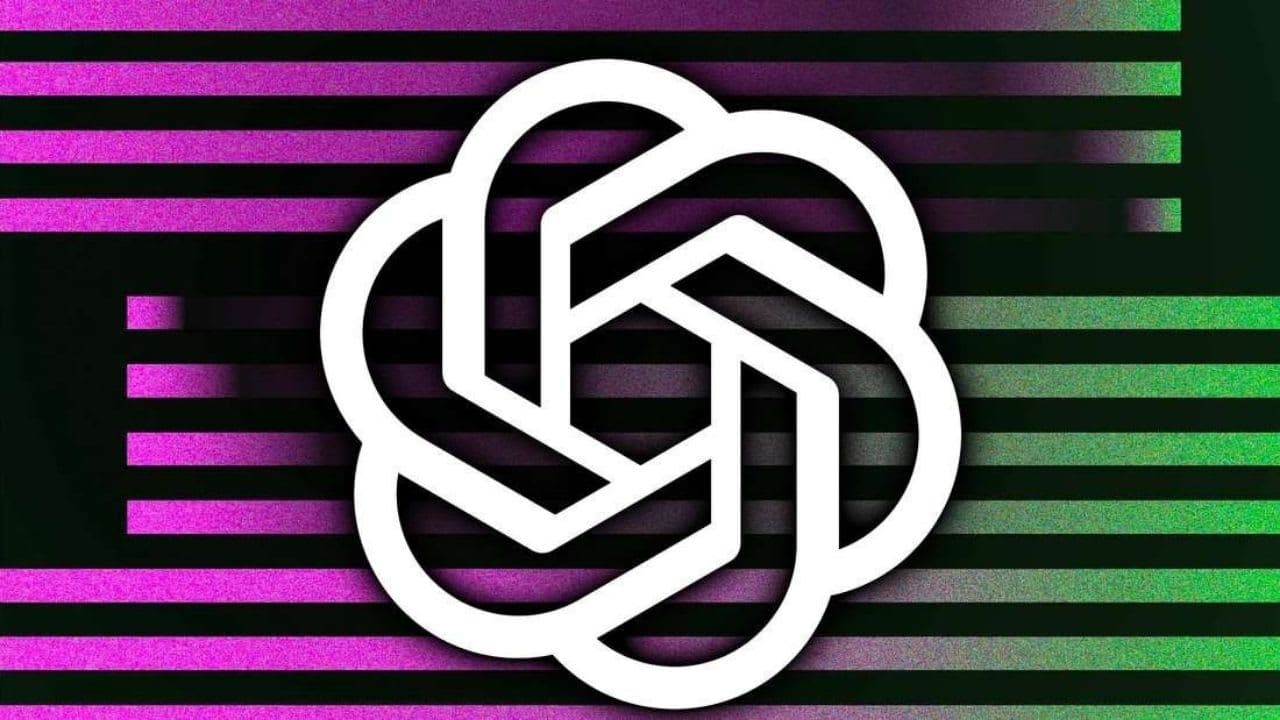How to Get ChatGPT Unblocked for School in 2025 (7 Working Methods)
What is Google Gemini AI Release Date? Is it available now?
Google has just released its latest and most powerful AI model “Gemini” on 6th December. As a multimodal model, it is capable of not only understanding texts but also videos, images, and audio.
What truly sets apart Google’s Gemini AI from other models is its ability to complete complex tasks in various areas such as math, physics, and more. In addition, to understanding and creating high-quality code for numerous programming languages.
As of now, the latest launch of Google’s Gemini AI is available for integration through Google Bard, and Google Pixel 8 and is expected to be folded into various other Google services with time. In this article, we will understand in detail What is Google Gemini AI Release Date. Is it available now? What will Gemini AI be able to do? And more. So, let’s begin.
Key Points:
- On Wednesday, Google launched its most powerful multimodal Gemini AI.
- Gemini AI consists of three models: Ultra, Pro, and Nano.
- This AI model offers various advanced text-based capabilities in Google Bard.
What is the Google Gemini AI Release Date?
Google’s latest artificial intelligence (AI) model Gemini was released on Wednesday, December 6, 2023. This AI model leverages the power of cutting-edge AI technology and Machine learning to understand and solve humankind’s most challenging problems through discovery, innovation, transparency, and optimization to augment human intelligence.
What will Gemini AI be able to do?
Gemini is a powerful Artificial Intelligence Model that is capable of understanding texts, images, videos, code, and audio. Gemini AI could potentially surpass ChatGPT, thanks to its extensive collection of exclusive training data.
This model can be utilized for the completion of various complex tasks in Mathematics, Physics, and other areas. Apart from this, Gemini is also capable of understanding and creating high-quality codes in numerous programming languages.
What do we know so far about Google Gemini AI?
Google has finally launched its most anticipated AI model Gemini AI on 6th December 2023 and based on the latest interviews and reports here’s what we know about Google Gemini AI so far:
Gemini is multimodal:
Google’s newly launched Gemini is a “Multimodal” AI, which means that it is capable of processing more than one data type. Thus, Gemini can process images, texts, code, audio, and videos.
This tool can recognize images, solve math or physics issues, and speak in real time. Similar to GPT-4, users cannot access Gemini directly as it acts as a base that can be utilized by developers to build products.
Gemini comprises three models:
There are three models of Gemini 1.0 which are Ultra, Pro, and Nano. Google’s Gemini Ultra is the most powerful large language model that is initially aimed toward enterprise applications and is run for the completion of various complex tasks. Gemini Pro is focused on general purpose and is plugged in Bard for prompts that require planning, advanced reasoning, and understanding.
This model can be accessed by developers and enterprise consumers through the Gemini API in Google AI Studio or Google Cloud Vertex AI from 13th December. Lastly, Gemini Nano is a suitable model for on-device tasks and is baked into Pixel 8 Pro to process Smart Reply or summarization tasks.
Tensor Processing Units were used to train Gemini AI:
According to Google, Gemini 1.0 used in-house designed Tensor Processing Units (TPUs) v4 and v5e for its AI-optimized infrastructure. This is the same technology that is included in Google Pixel’s Tensor chipset. Google says that this technology allows Gemini to run faster.
Good safety measures:
Google has employed “best-in-class adversarial testing techniques” in its latest AI model to witness any safety issue before deploying Gemini. Google has placed checks in place and built dedicated safety classifiers to avoid any potential risks such as toxicity, and bias, and avoid any content that encourages violence.
Google Gemini AI: an evolution, not a revolution
Google’s Gemini is trained to perform complex tasks in a human-like manner which has intensified the debate regarding the promise and perils of the technology. This has not sparked headlines regarding a revolution but instead an evolution in generative AI. This multimodal is capable of understanding input text, image, video, and audio along with the capability of generating sophisticated programs and code.
Gemini AI comprises three models: Ultra, Pro, and Nano. Ultra is the most powerful large language model capable of performing various complex tasks. While Pro is plugged in Bard for prompts that require planning, advanced reasoning, and understanding, it is integrated with Google Cloud machine learning platform, Vertex AI, and is available for access from 13th December. Gemini Nano, LLM’s smaller version can be run on Pixel 8 Pro and other Android devices.
This model was trained using a state-of-the-art AI accelerator chip, the Cloud TPU v5e, to bring the cost-efficiency and performance needed for medium and large-scale training and inference.
It was also announced by Google that the next generation of its AI accelerator, Cloud TPU v5p, will be 4x more scalable than its predecessor and 2.8 times faster to train foundation models and LLMs. This way Gemini has marked an important milestone in the evolution of generative AI.


